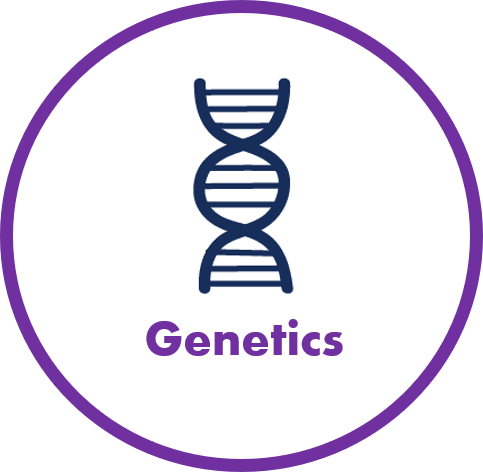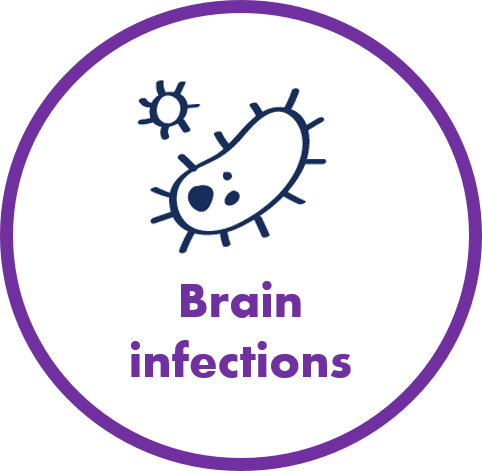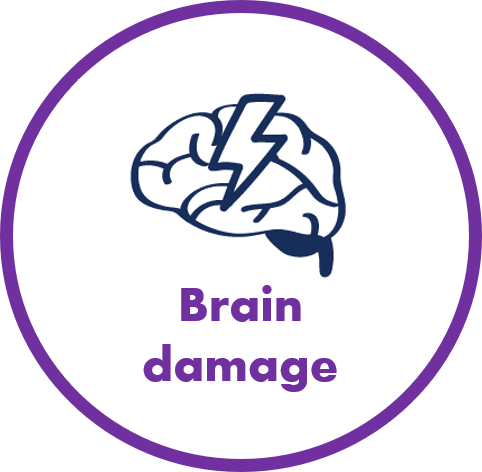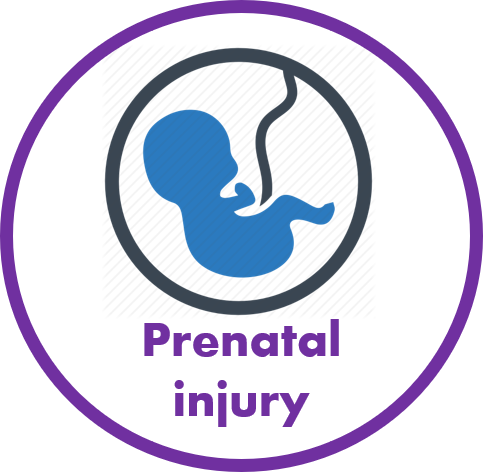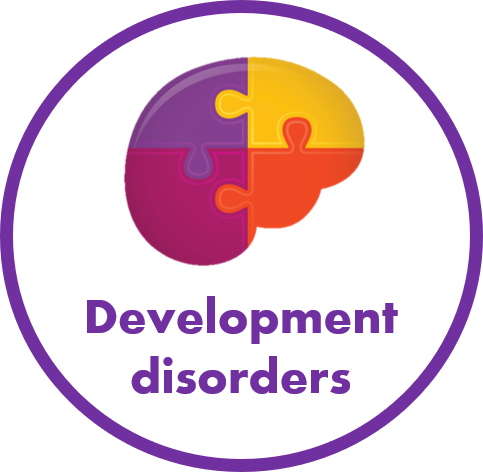Epilepsy's Causes
Epilepsy has no identifiable cause in about half the people with the condition.
In the other half, the condition may be traced to various factors.
Common causes:
- Genetic influence. Some types of epilepsy, which are categorized by the type of seizure you experience or the part of the brain that is affected, run in families.
In these cases, it's likely that there's a genetic influence.
Researchers have linked some types of epilepsy to specific genes, but for most people, genes are only part of the cause of epilepsy.
Certain genes may make a person more sensitive to environmental conditions that trigger seizures.
- Head trauma. Head trauma as a result of a car accident or other traumatic injury can cause epilepsy.
- Brain conditions. Brain conditions that cause damage to the brain, such as brain tumors or strokes, can cause epilepsy.
Stroke is a leading cause of epilepsy in adults older than age 35.
- Infectious diseases. Infectious diseases, such as meningitis, AIDS and viral encephalitis, can cause epilepsy.
- Prenatal injury. Before birth, babies are sensitive to brain damage that could be caused by several factors, such as an infection in the mother, poor nutrition or oxygen deficiencies.
This brain damage can result in epilepsy or cerebral palsy.
- Developmental disorders. Epilepsy can sometimes be associated with developmental disorders, such as autism and neurofibromatosis.
Risk factors:
- Age. The onset of epilepsy is most common in children and older adults, but the condition can occur at any age.
- Family history. If you have a family history of epilepsy, you may be at an increased risk of developing a seizure disorder.
- Head injuries. Head injuries are responsible for some cases of epilepsy. You can reduce your risk by wearing a seat belt while riding in a car and by wearing a helmet while bicycling, skiing, riding a motorcycle or engaging in other activities with a high risk of head injury.
- Stroke and other vascular diseases. Stroke and other blood vessel (vascular) diseases can lead to brain damage that may trigger epilepsy.
You can take a number of steps to reduce your risk of these diseases, including limiting your intake of alcohol and avoiding cigarettes, eating a healthy diet, and exercising regularly.
- Dementia. Dementia can increase the risk of epilepsy in older adults.
- Brain infections. Infections such as meningitis, which causes inflammation in your brain or spinal cord, can increase your risk.
- Seizures in childhood. High fevers in childhood can sometimes be associated with seizures.
Children who have seizures due to high fevers generally won't develop epilepsy. The risk of epilepsy increases if a child has a long seizure, another nervous system condition or a family history of epilepsy.
